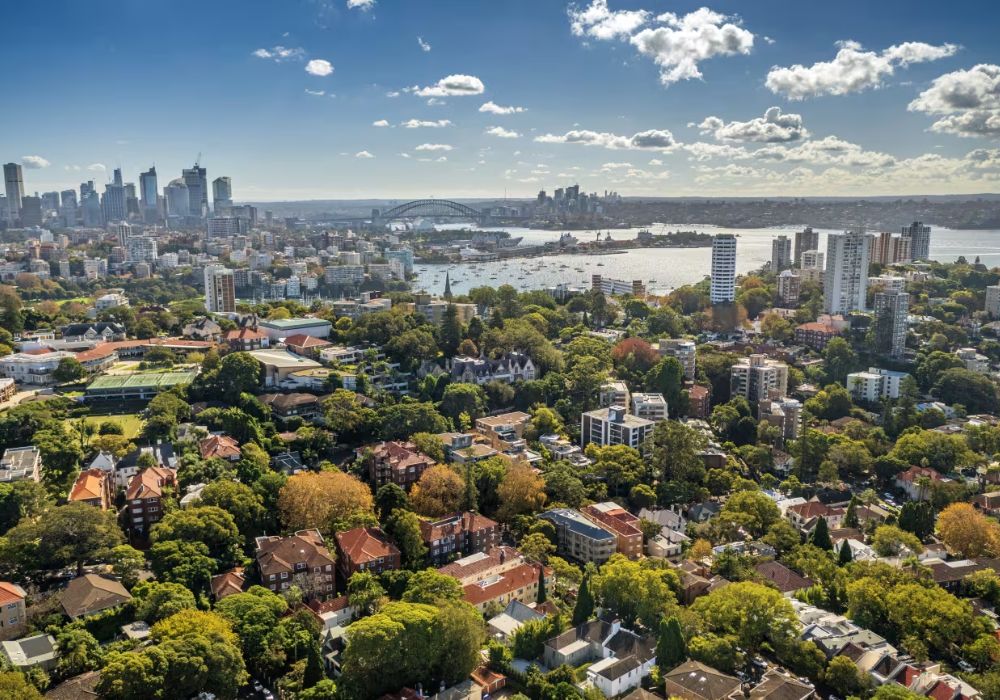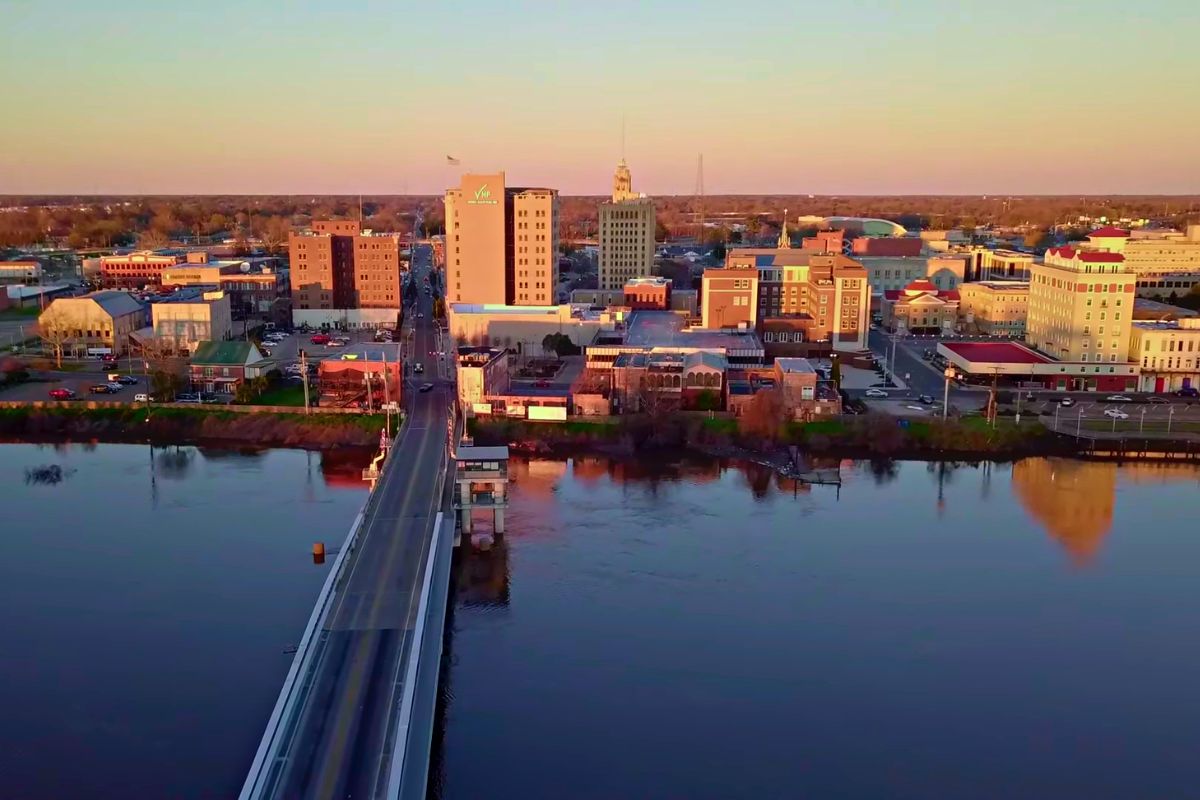Dallas and Houston are two large cities in Texas that both have pros and cons for living. In this article, we will explore and compare key factors like cost of living, weather, public transportation options, crime rates, and overall quality of life in Dallas and Houston to determine which city may provide a better place to live.
Cost of Living
Houston has a clear advantage when it comes to cost of living. According to the data, consumer prices are 10.9% higher in Dallas compared to Houston. Rent prices are even more disproportionate, with rents being 20.7% higher in Dallas.
The median home sales price in Dallas is $420,000 versus only $315,000 in Houston. Rent for a one-bedroom apartment within city limits is also higher at around $1806.55 per month in Dallas but $1580 in Houston.
The purchasing power of average residents is also better in Houston - the data shows purchasing power is 13.2% higher there than in Dallas. With lower housing and living expenses, Houston residents' salaries go much further.
Overall, Houston is the more affordable city to live in with lower costs of housing, consumer goods, and day-to-day expenses. For those on a budget, Houston will provide more value for the money.
Weather

While the climate is similar in both subtropical cities, Dallas has a slight edge according to the data. Both cities are hot and humid in the summer, but Dallas sees fewer very humid days.
It also experiences more seasonal variability with hotter summers and colder winters compared to Houston. Data shows Houston averages 239 cloudy days per year versus only 179 in Dallas.
Most experts conclude Dallas has better weather thanks to less oppressive humidity and more sunny days, making outdoor activities more enjoyable during much of the year.
Public Transportation
Public transit is an area where Dallas has a clear advantage. The DART system covers over 90 miles of rail and services 62 stations across 13 cities. It transports about 96,000 passengers on average each weekday. In comparison, Houston's system only extends 23 miles with 44 stations entirely within city limits. Its weekday ridership is lower at 63,000 passengers.
DART also offers easier connections between the city and surrounding suburbs.
With its more extensive rail network and higher ridership, most experts agree the data shows Dallas has the stronger public transportation system of the two cities.
Job Opportunities
Both Dallas and Houston feature low unemployment and a plethora of career opportunities. However, the data indicates Dallas may have a slight edge. The GDP of the Dallas metro area is $513 billion with an expected job growth rate of 44.1% in coming years. Major industries there include technology, finance, healthcare, media and telecommunications.
Houston has a GDP of $454 billion and projected job growth of 30.9%, focusing on energy, healthcare, manufacturing and aerospace. According to the data, Dallas has a more diverse, modern economy that should continue expanding at a faster pace and offer more white-collar jobs.
Cuisine and Lifestyle
Houston is considered the winner in this category according to the data analysis. It boasts a globally influenced culinary scene with authentic BBQ, Mexican and Asian cuisines. The data shows it also offers a more affordable lifestyle and diverse urban neighborhoods that appeal to a wide range of demographics.
In comparison, Dallas is known more for steakhouses than diverse dining. It has a more "nouveau riche" vibe according to the data. While both cities have their charms, Houston is deemed to better satisfy different cultural food/entertainment preferences on a tighter budget.
Crime Rates
As major metropolitan areas, both Dallas and Houston face public safety challenges. However, the data analyzed indicates Dallas has lower crime rates. Houston's overall crime is noted to be 5,317 per 100,000 residents, which is 127% above the national average. Violent crime there is 1,211 per 100,000, or 212% higher than average.
Dallas has slightly better statistics with totals of 4,246 and 825 per 100,000 for overall and violent crime respectively—still above average but lower than Houston. According to the data, Dallas residents have a marginally safer living environment.
Commute Times
Commute lengths are close—the data notes averages of 26.8 minutes in Dallas versus 27.5 minutes in Houston.
But Dallas may have a slight edge thanks to its superior transit network detailed earlier. While the one-minute difference seems small, it amounts to an extra 182 minutes—over 3 hours—per year for Houston commuters based on 260 working days.
The data indicates Dallas commuters may save meaningful time each year thanks to its more extensive rail options.
Quality of Life Index
Quality of life indices consider public safety, climate, career opportunities, and living costs to rank cities. Per the data, Dallas leads Houston 174.05 to 168.99 on this composite scale.
Its advantages in jobs, transportation, and crime outlined above contribute to this higher score despite Houston's more affordable overall costs.
The data analysis suggests Dallas provides residents a somewhat better blend of factors affecting well-being and standard of living.
Conclusion
In conclusion, both Dallas and Houston are economically dynamic, culturally vibrant cities—but Dallas has the edge according to the metrics analyzed. Lower crime and commute times along with greater career prospects, transit access and quality of life somewhat favor Dallas as the better overall place to live.





